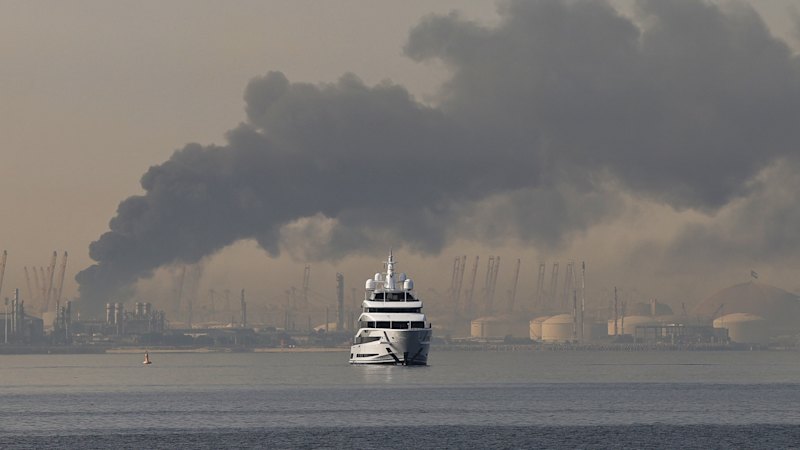
India’s refiners are poised to decrease their purchases of Russian oil in response to a significant tariff increase imposed by the United States. As of August 27, 2023, the U.S. is set to double tariffs on Indian goods to 50%, primarily due to India’s ongoing imports of Russian crude oil. Major state-owned and private refiners, including Reliance Industries and Nayara Energy, linked to Rosneft, are expected to book between 1.4 million barrels per day (bpd) and 1.6 million bpd of Russian crude for loading in October, according to anonymous sources familiar with the matter.
This projected volume represents a decline of up to 400,000 bpd compared to the average imports of 1.8 million bpd from Russia during the first quarter of 2023. The reduction in purchases may serve as a response to U.S. tariff pressures, but it also highlights that Indian refiners are unlikely to abandon their economically driven trade for affordable crude oil.
Despite the U.S. pressure, Indian refiners continue to explore the spot market for Russian oil as discounts on Moscow’s crude grades remain appealing. Recently, prominent state-owned refiners such as IndianOil and BPCL made spot purchases of Russian crude for October loading, coinciding with the U.S. announcement of an additional 25% tariff on Indian products related to crude imports.
Impact of U.S. Tariffs on Indian Refiners
The impending substantial tariff increase represents a strategic shift in U.S.-India trade relations, with the Trump Administration singling out India for its role as a buyer of Russian crude. However, Russia and India have reinforced their strategic partnership through high-level meetings, emphasizing their commitment to collaboration in the energy sector, indicating that India remains invested in accessing affordable Russian crude.
Looking ahead, the demand for crude oil in India is expected to rise in September and October, potentially leading to increased crude arrivals. Ivan Mathews, Head of APAC Analysis at energy analytics firm Vortexa, noted that higher inflows of Russian crude are likely as refineries continue to prioritize economic factors in their procurement decisions. In a statement, Mathews remarked, “We expect refineries in India to continue processing Russian oil, as their feedstock procurement decisions are mainly economics-driven.”
As the situation unfolds, it remains evident that while India may adjust its purchasing strategy in light of U.S. tariffs, the economic incentives of acquiring Russian crude continue to play a pivotal role in its energy procurement strategy.







